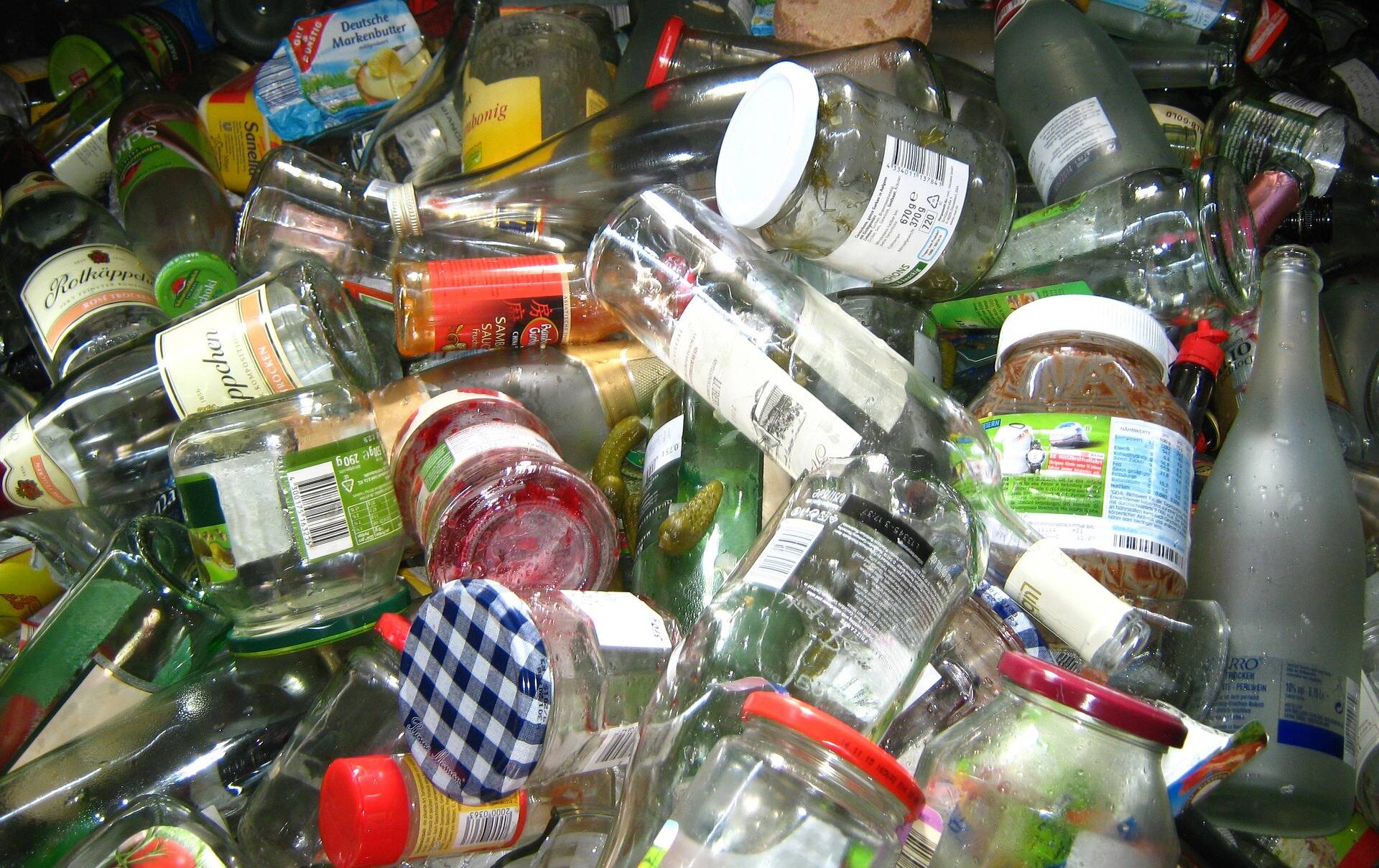Simpler Recycling rules take effect
New rules on how workplaces must sort their waste and recycling have taken effect from 31 March. What are the key changes to be aware of?

The so-called Simpler Recycling rules require workplaces with ten or more employees to arrange for the collection of the following:
- dry recyclables such as plastic, metal, glass, paper and card
- food waste
- non-recyclable waste.
Note. You'll need to separate paper and card from other recyclables unless your waste contractor collects them together.
You'll have the freedom to decide on the size of container and frequency of collection based on how much waste your business produces. Work with your waste contractor here.
You will be required to separate your food waste, no matter how small the quantity generated. This is to prevent food waste going to landfill.
Related News
-
Tax relief for lending to your company
You can usually claim tax relief for money you borrow personally to lend to your company. It sounds straightforward but there are in fact a number of restrictions to trip you up. How do you secure the tax relief?
-
Cut your losses to get a tax refund
You invested in a company that’s now in dire straits and your shares are worth next to nothing. Selling them isn’t an option so how do you go about getting some tax back on your bad investment?
-
Why do frozen mileage rates affect VAT?
Your business pays a fixed mileage allowance to staff who use their private cars for business travel. The rates published by HMRC have been frozen since 2011 but is this relevant to determine how much input tax you can claim on the payments?